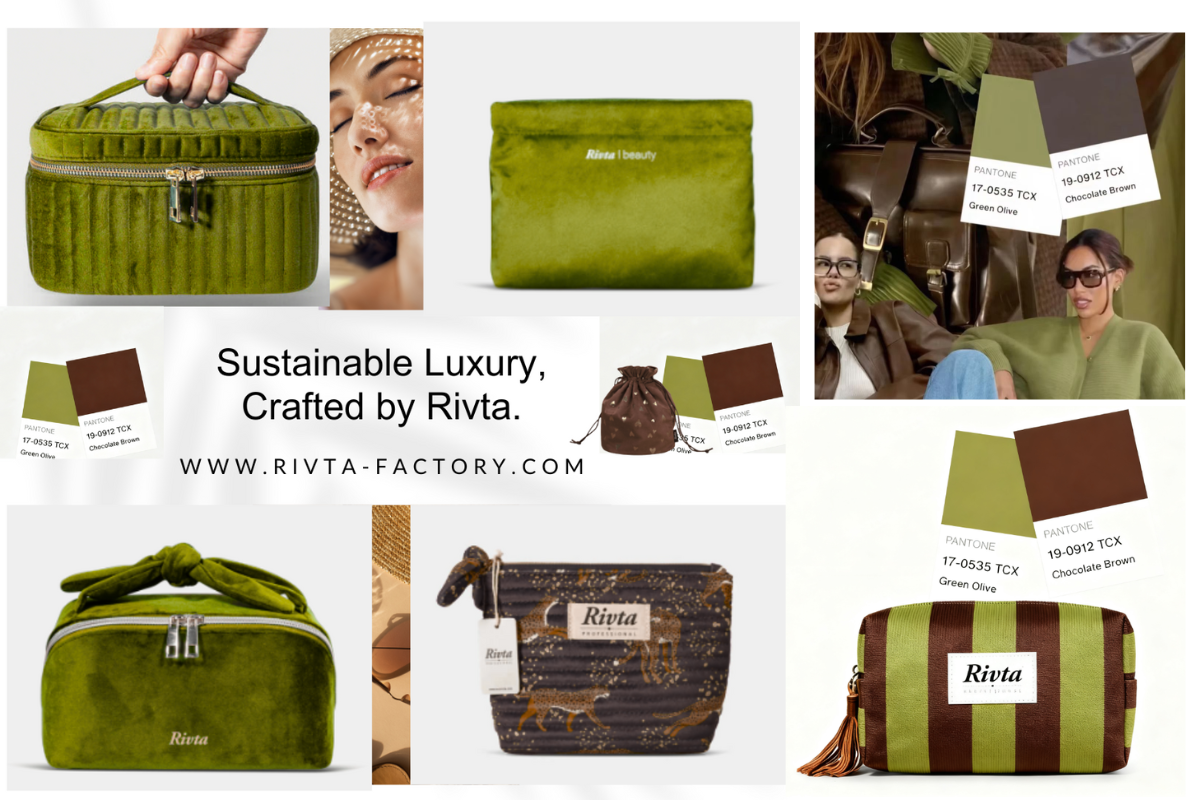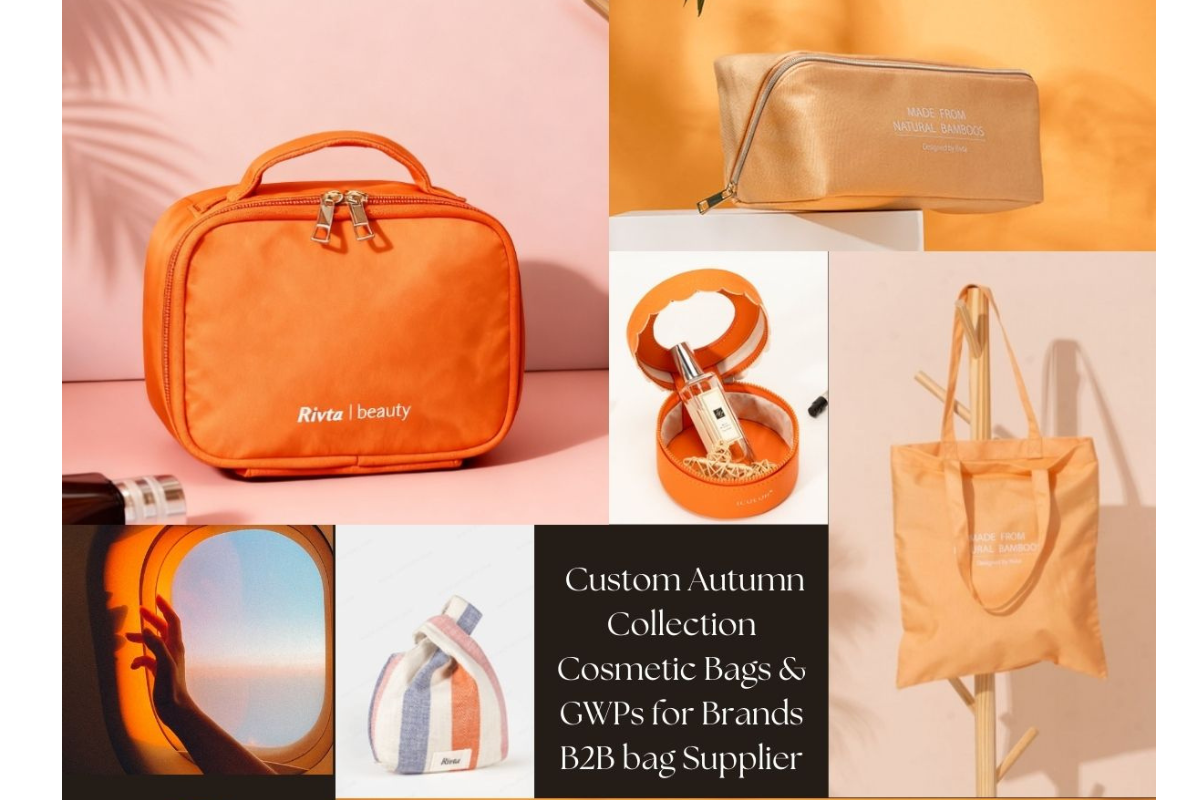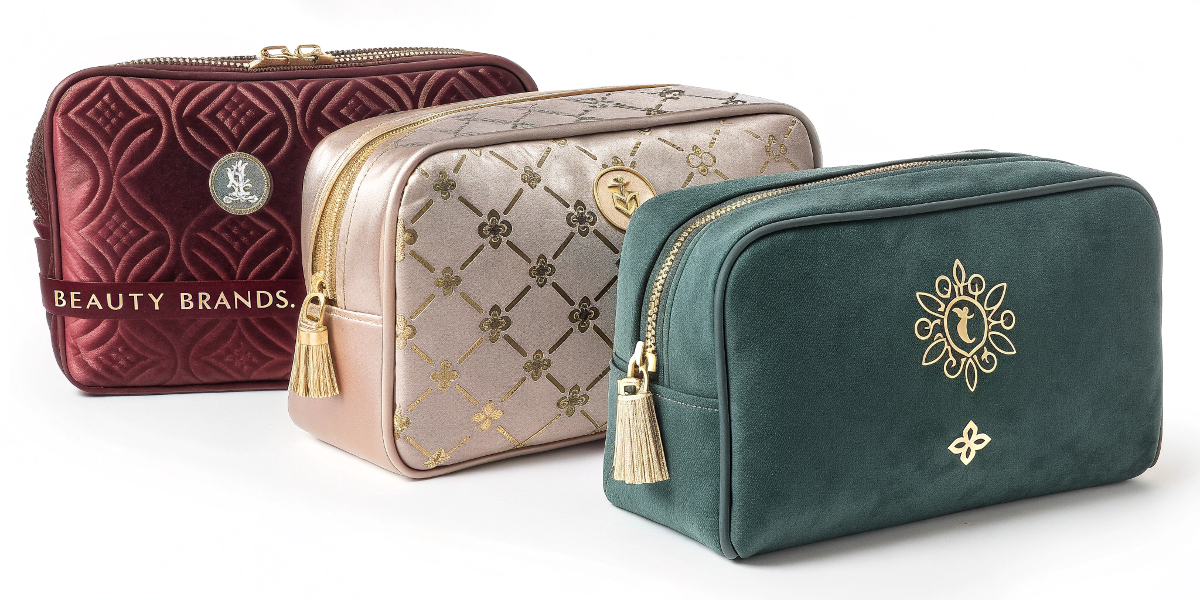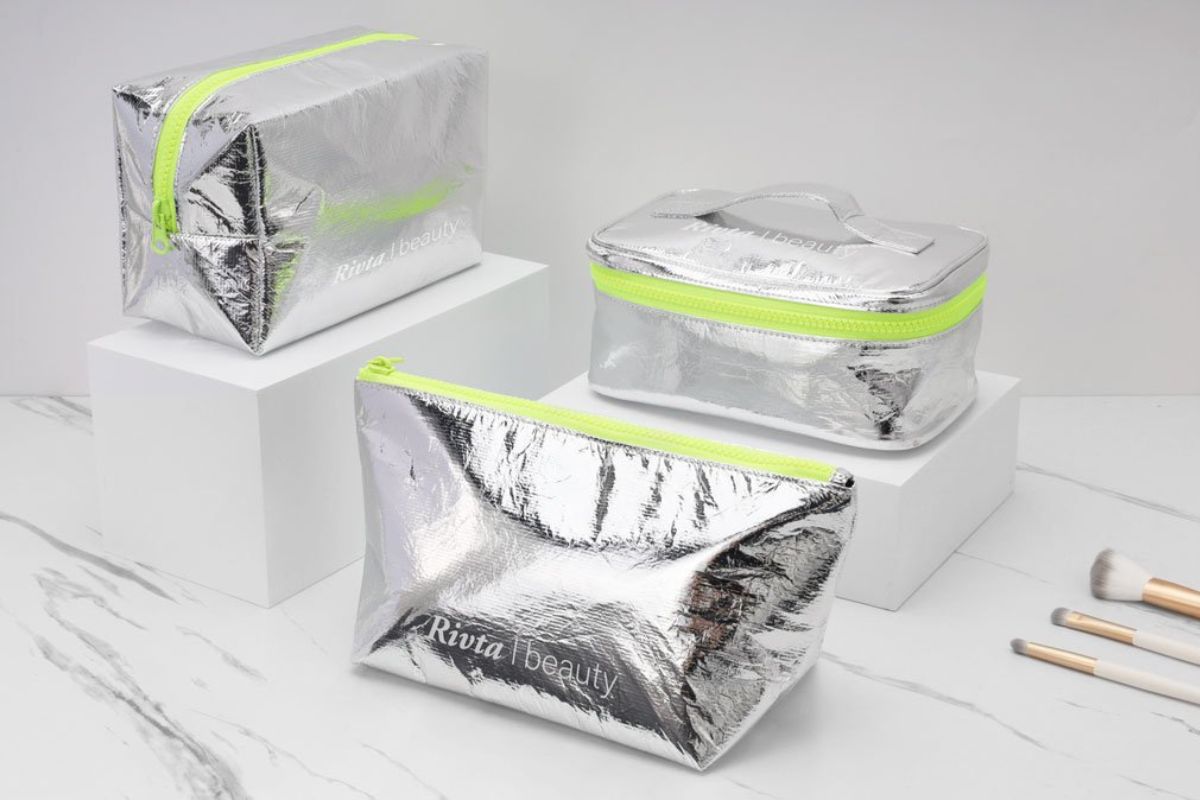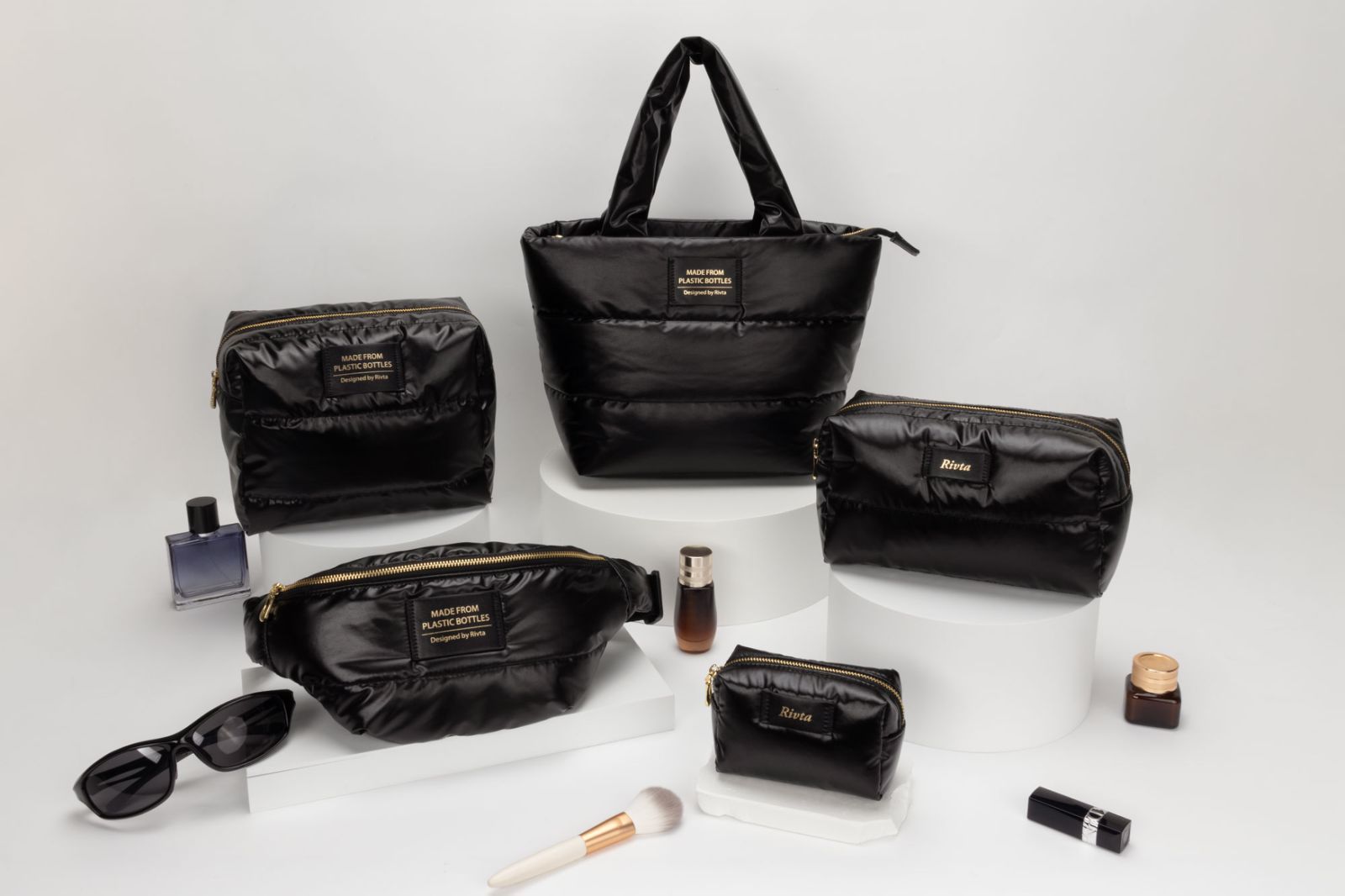Beyond the Dopp Kit: Sourcing Toiletry Bags for Every Niche Market in 2026?
The toiletry bag market is crowded. It feels hard to stand out when everyone sells a similar-looking product. How do you find a unique angle for your specific customers?
To source toiletry bags for niche markets in 2026, you need to focus on specific customer needs. This means looking at eco-conscious travelers, tech-savvy users, or minimalist adventurers. You should partner with suppliers who create specialized designs using innovative, sustainable materials for these unique groups.
In my 15 years developing products for companies like Sephora and HCT Group, I've seen the market evolve. The old "one-size-fits-all" approach just doesn't work anymore. Customers today are looking for products that meet their specific lifestyles and values. They don't just want a bag; they want a solution that feels like it was made for them. That means as product developers, we have to think beyond the standard canvas pouch. We need to anticipate what different types of people will need in the future. I'm always thinking about 2026 and beyond. Where is the market going, and how can we create products that feel fresh, innovative, and deeply personal?
Who makes the best toiletry bag?
Finding the "best" toiletry bag feels impossible. So many brands claim to be number one. How do you know who to trust with your brand's reputation and money?
The "best" toiletry bag maker is a supplier who aligns with your brand's specific needs for quality, materials, and ethics. It's not about one single company but about finding the right partner. For my brand, "best" means innovative, sustainable, and reliable.

The word "best" is so subjective. What's best for a luxury brand sold at Neiman Marcus is completely different from what's best for an outdoor brand sold at REI. The "best" supplier for me is one that understands our mission at Rivta: "Innovative Materials, Green Future." I need a partner who can source and work with GRS-certified recycled fabrics or biodegradable materials. But another brand might prioritize speed and low cost above everything else. I've learned that the first step in finding the best partner is to clearly define what "best" means for your specific project and your brand's values. Only then can you start looking for a supplier that ticks the right boxes for you.
"Best" for Different Brand Needs
Here is how I think about what makes a supplier the best fit for different market segments.
| Brand Type | What "Best" Means | Key Supplier Qualities |
|---|---|---|
| Luxury Brand | Premium craftsmanship and materials. | Expertise in leatherwork, high-end hardware, precision stitching, and a portfolio of luxury clients. |
| Eco-Conscious Brand | Sustainable and ethical production. | Strong certifications (GRS, GOTS, BSCI), transparency in the supply chain, and innovation in eco-materials. |
| Value-Driven Brand | Cost-efficiency and large-scale production. | Competitive pricing, high-capacity factories, and experience managing high-volume orders efficiently. |
What is the difference between a toiletry bag and a dopp kit?
These terms are often used interchangeably, and this can cause confusion. You need to be clear about what you're asking a supplier for to get the right product for your customers.
A Dopp kit is a specific type of men's toiletry bag, usually with a simple, single-compartment design. "Toiletry bag" is a broader, gender-neutral term. It covers many styles with more organizational features like multiple pockets or hanging hooks.
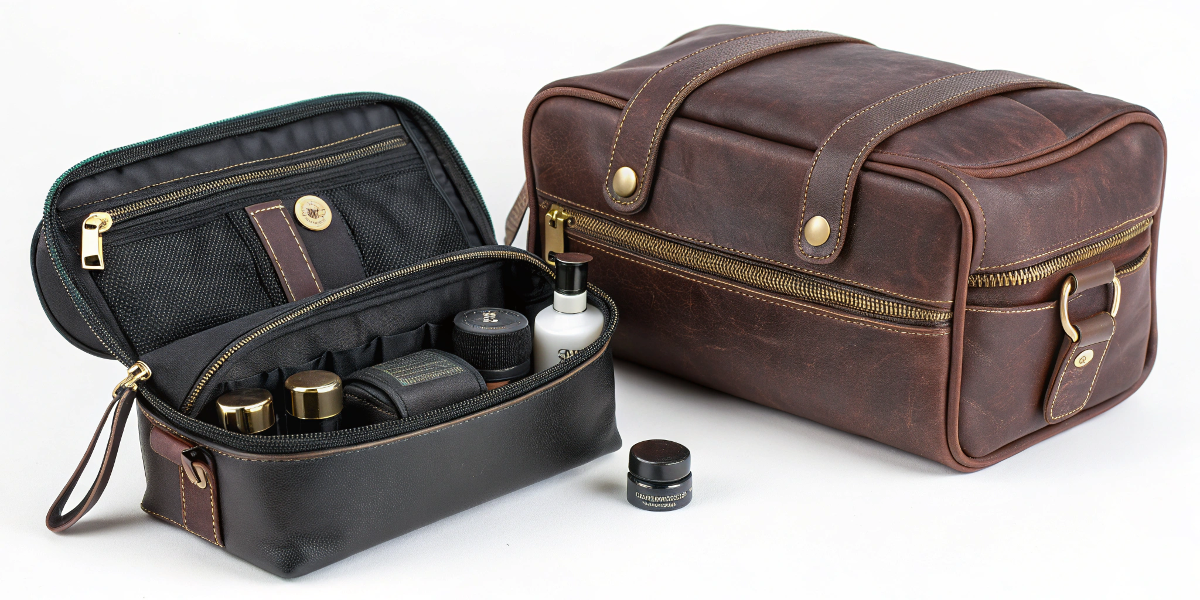
When I'm creating a new product brief for a supplier, using the right language is critical. If I ask for a "dopp kit," I'm signaling a specific style: something classic, structured, and likely targeted toward a male audience. The history of the Dopp kit, with its military roots, has given it this rugged and straightforward identity. But if my target is a beauty enthusiast who travels with a 10-step skincare routine, a simple Dopp kit won't work. In that case, I would specify a "hanging toiletry bag" or a "multi-compartment cosmetic case." This clarity ensures the supplier's designers and my team are on the same page from day one. It helps avoid misunderstandings and wasted sampling costs.
Key Distinctions
Here is a simple breakdown of the main differences I consider during product design.
| Feature | Dopp Kit | Toiletry Bag |
|---|---|---|
| Origin | Named after Charles Doppelt, popularized in WWII. | A general term with no specific origin. |
| Target User | Traditionally masculine. | Unisex / All genders. |
| Design | Often simple, single compartment, boxy shape. | Varies widely; can be complex with many pockets, hanging hooks, roll-up designs, etc. |
| Common Materials | Leather, waxed canvas, durable textiles. | Any material, including recycled PET, nylon, cotton, and more. |
What is the best material for toiletry bags?
Choosing a material is tough. You want something that looks good and lasts a long time, but there are so many options. The wrong choice can lead to customer complaints.
The best material for a toiletry bag depends on its intended use and target market. Durable and water-resistant fabrics like nylon or recycled PET (rPET) are excellent all-around choices. Leather offers a luxury feel, while canvas provides a classic, sturdy option.
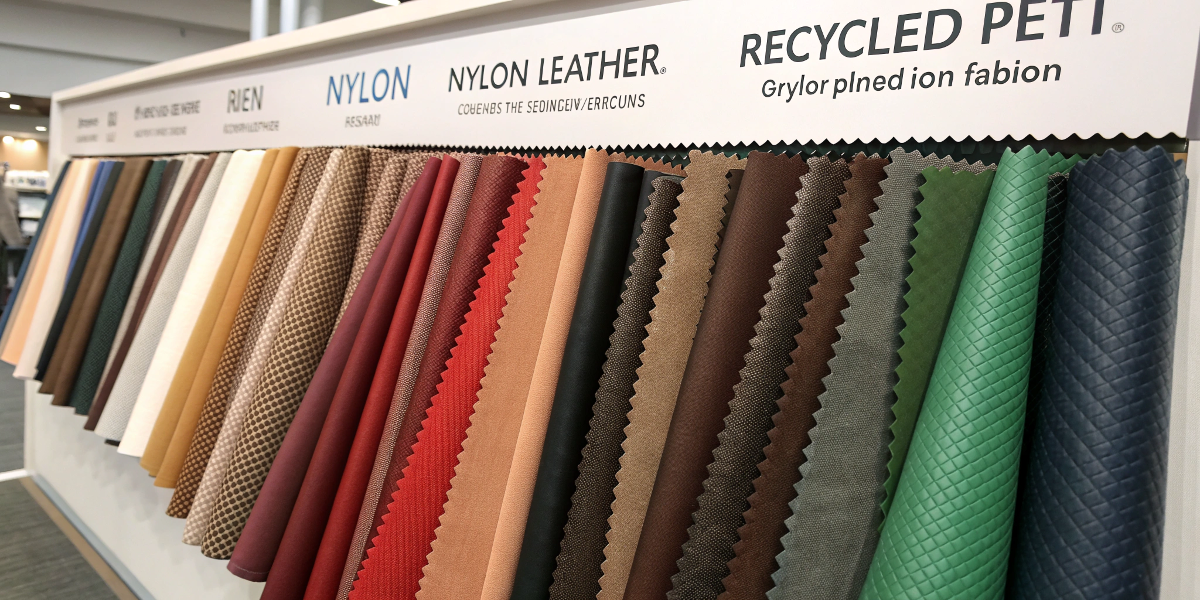
Material selection is my favorite part of product development. The material is the first thing a customer notices—it's how the product feels in their hand. At Rivta, we are constantly exploring new and innovative materials that are better for the planet. For me, the "best" material is often a high-quality recycled fabric, like rPET made from old plastic bottles. It's incredibly durable, water-resistant, and tells a powerful sustainability story. However, I also know that for a luxury men's line, nothing beats the look and feel of genuine leather. And for a simple promotional giveaway, a basic polyester might be the most practical choice. The key is to match the material to the product's price point, function, and brand message.
Material Guide for Niche Markets
This table shows how I match materials to specific customer needs.
| Niche Market | Best Material Choice | Why It Works |
|---|---|---|
| The Eco-Traveler | Recycled PET (rPET) or Organic Cotton | Aligns with their values, durable for travel, and tells a great brand story. |
| The Luxury User | Full-Grain Leather or Vegan Leather | Offers a premium look and feel, is very durable, and develops character over time. |
| The Outdoor Adventurer | Waxed Canvas or Ripstop Nylon | Extremely durable, water-resistant, and can handle rough use on trails or at a campsite. |
What does dopp stand for?
You've likely heard the term "Dopp kit" for years. But you may have wondered if it's an acronym or what the word actually means. It's a common point of curiosity.
Dopp does not stand for anything. It is the last name of Charles Doppelt, a German leather goods designer who invented this style of men's toiletry bag in Chicago around 1926. The name is often capitalized because it originated as a brand name.
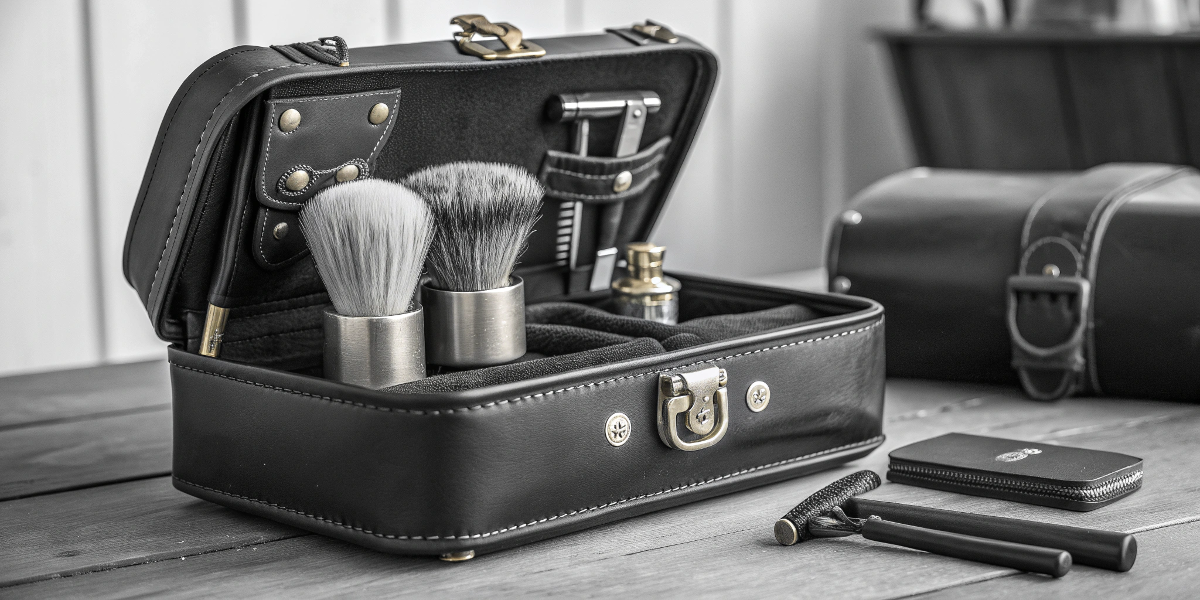
I find the history behind products fascinating. Knowing these stories adds depth and authenticity when I'm developing a new line. The story of the Dopp kit is a perfect example. It wasn't just a random design; it was a product born out of a specific need and popularized during a major historical event, World War II. The U.S. Army issued millions of these kits to soldiers, which is why it became a household name and a symbol of masculine utility for generations of men. This history is why the traditional Dopp kit still resonates with customers today. It has a built-in narrative of durability, history, and classic style. When I work on a men's line, I often draw inspiration from this original story to create something that feels both modern and timeless.
The History of the Dopp Kit
- The Inventor: Charles Doppelt, a German immigrant and leather craftsman in Chicago.
- The Invention: He created a small, leather travel case for toiletries in the 1920s.
- The Rise to Fame: His company, the Charles Doppelt & Co., landed a contract with the U.S. Army during WWII.
- The Legacy: The kit became so popular that "Dopp kit" became the generic term for any men's toiletry bag, much like Kleenex is for tissues. The original brand was later purchased by Samsonite in the 1970s.
Conclusion
To succeed in 2026, look beyond the standard toiletry bag. By focusing on niche markets and innovative materials, you can create products that truly connect with your specific customers.
